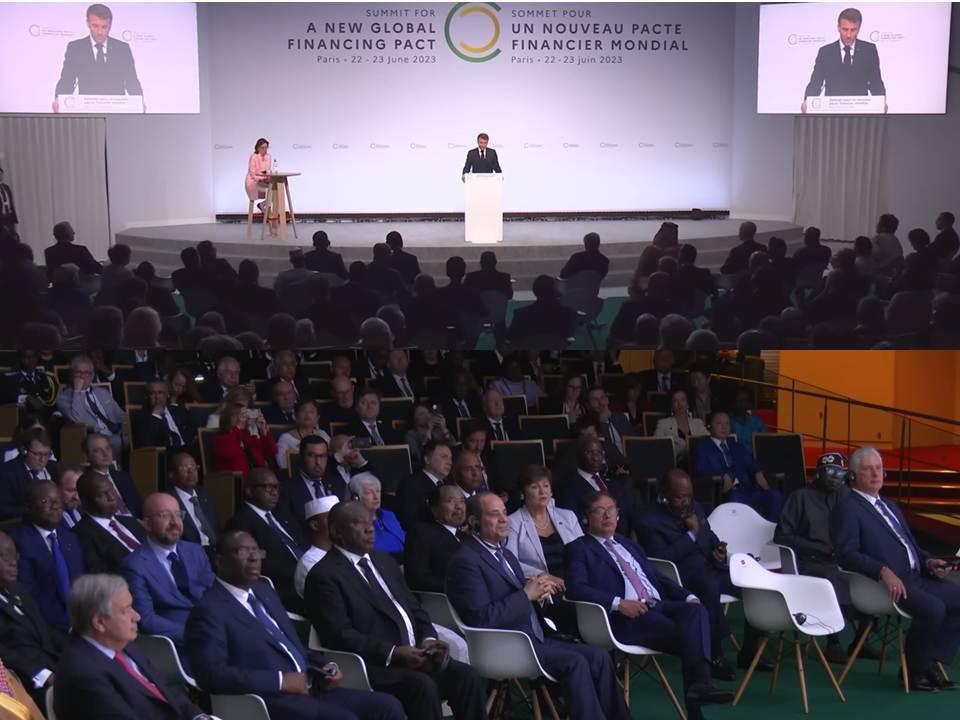This outcome of the two-day forum (Thursday and Friday) convened by French President Emmanuel Macron, with about 40 heads of state and government present, is not surprising, after all the name of the event suggested it, the question is whether those responsible and those who benefit from the current order are willing to meet the claim.
No country should be forced to choose between poverty reduction and the protection of the planet, the host president said in the high-level meeting that closed the summit held at the Palais de la Bourse in Paris, where, unsurprisingly, the Bretton Woods institutions were the most criticized.
Macron considered the meeting as a sign of the beginning of the path towards the construction of the new architecture, “with new instruments and methodologies, more money and reforms in its institutions”.
However, nothing really suggests that the countries of the South, trapped in poverty, underdevelopment and lack of resources to combat climate change, can call the summit a success or assume that things will be different after today.
Almost always smiling, the director of the International Monetary Fund (IMF), Kristalina Georgieva, stressed the need to take things one step at a time, given the risk of haste, when African leaders demanded more financing for developing nations, in addition to the 100 billion dollars promised to the poorest.
Speaking at the forum on behalf of the Group of 77 plus China, Cuban President Miguel Díaz-Canel addressed the urgency of the situation and the necessary political will of decision-makers to transform the prevailing scenario.
“I reveal no secret if I affirm that the most harmful consequences of the current profoundly unjust, antidemocratic, speculative and exclusionary international economic and financial order weigh most heavily on developing nations,” the president pro tempore of the bloc that brings together 134 of the 193 UN member states told the gathering.
mh/ro/wmr










